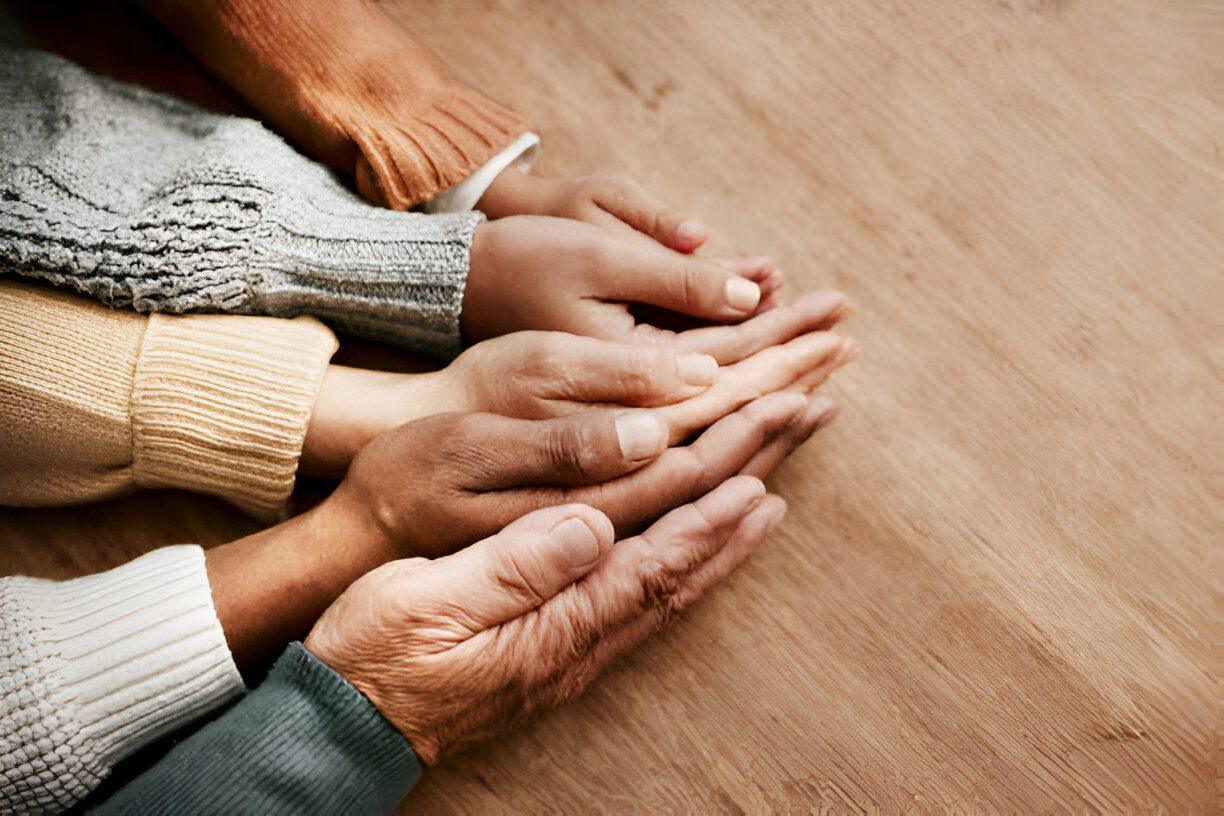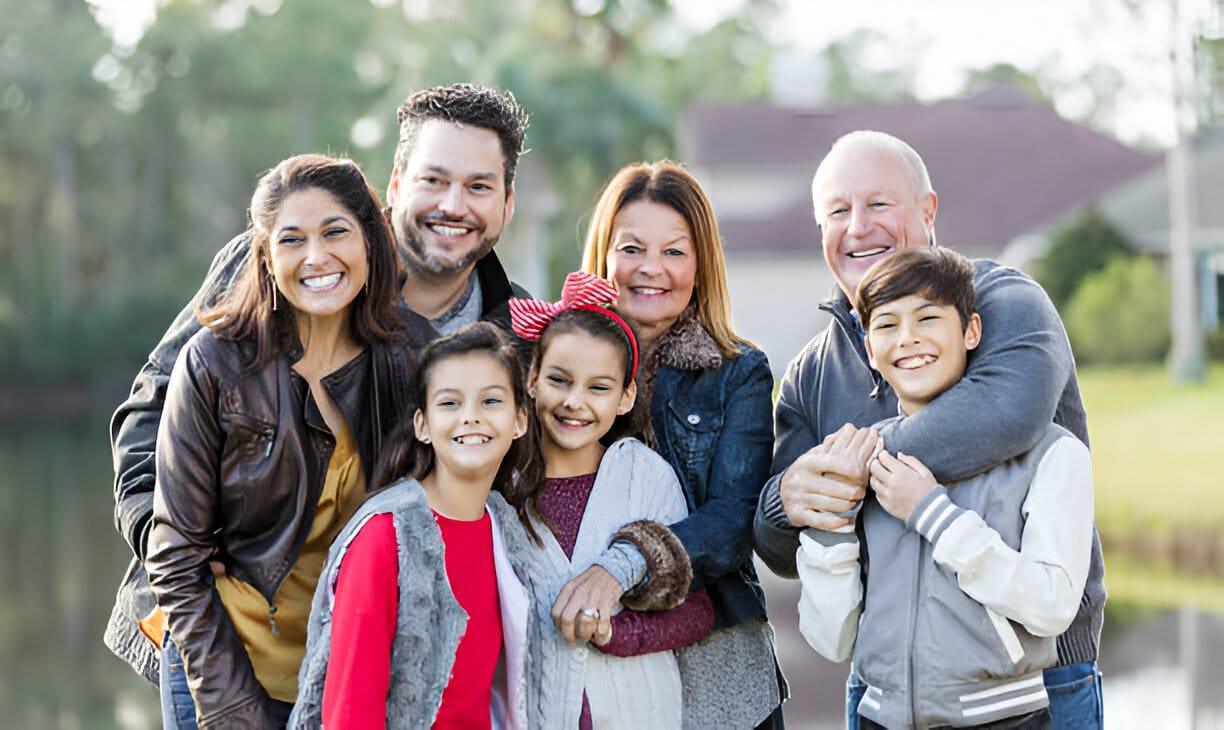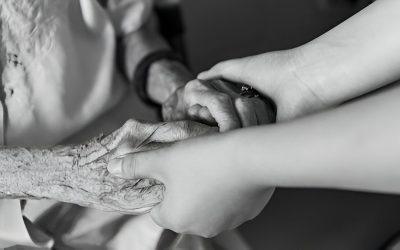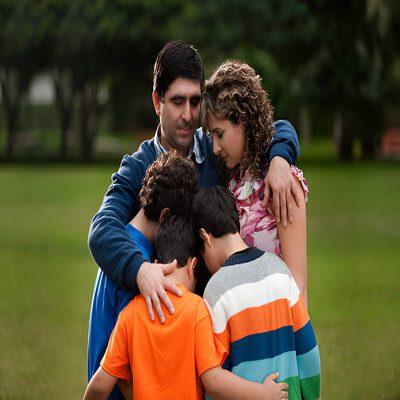Threads of Family, Woven Through Loss
When an extended family member passes away, the grief can feel both deeply personal and overlooked. It might not be as openly acknowledged as the loss of a parent or sibling, but the pain is real. One uncle’s booming laughter or a grandmother’s quiet wisdom can leave a lingering void that resonates through gatherings, photographs, and shared stories.
“When I lost my cousin, I never realized how much her presence anchored family reunions until she wasn’t there.”
A Quietly Shifting Circle
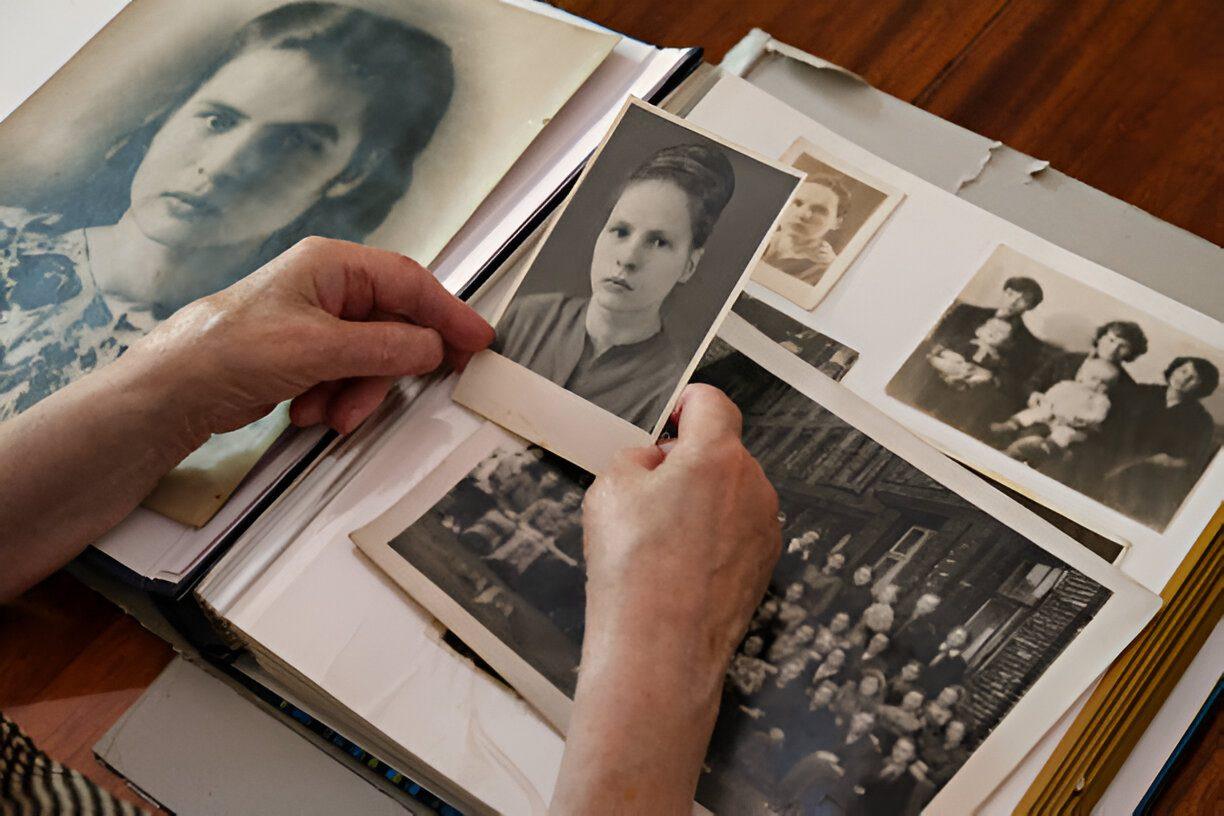
Grieving an Extended Family Member’s Death
When an extended family member passes away, the loss can be both deeply personal and subtly complex. These relationships, whether with a grandparent, aunt, uncle, or cousin, often hold unique roles in our lives. They bring laughter, guidance, and connection, making their absence felt in unexpected ways.
While society often emphasizes the grief of losing immediate family members, the pain of losing someone from your extended family deserves acknowledgment and care. Here, we explore how to navigate this nuanced grief, honor the memories, and find healing.
Understanding the Bond
Extended family members weave a rich tapestry of influence in our lives.
- Unique Roles: A grandparent may serve as a family historian, imparting wisdom and tradition. An aunt or uncle might be the adventurous spirit who offered guidance and fun. A cousin could be a childhood companion, a confidant, or even a sibling figure.
- Unspoken Importance: These relationships, while sometimes less central than immediate family, often hold emotional weight. Their loss can stir unexpected grief, tied to both personal memories and the shifting dynamics within the broader family.
“Sometimes the simplest presence in our lives leaves the deepest absence when it’s gone.” — Beatrice M.
The Grief Spectrum
Grieving an extended family member often carries layers of emotion that might not surface immediately.
- Delayed Grief: The reality of their absence may not strike until moments that underscore their loss—holidays, reunions, or stumbling upon a favorite shared photo.
- Mixed Emotions: Guilt over not staying in closer contact, regret for missed opportunities, or relief if their passing ended prolonged suffering are all natural feelings.
- Silent Mourning: Unlike the loss of a parent or sibling, grieving an extended family member might feel less visible or acknowledged, which can create a sense of isolation.
Navigating Through Grief
Acknowledge Your Grief
Recognize that your grief is valid. Whether the relationship was deeply personal or more distant, your feelings are real and deserve time and space for processing.
Reconnect with Family
Loss often reminds us of the importance of connection. Sharing memories, photos, or stories with family members strengthens bonds and offers collective healing.
Create Memorials
Tributes: Write letters, poems, or reflections about the person. Create a memory book with contributions from family members.
Rituals: Light a candle on their birthday or dedicate a family tradition to their memory. These small acts create ongoing opportunities for remembrance.
Seek Support
Whether through a close friend, therapist, or grief support group, talking about your feelings helps prevent isolation. Online communities can also connect you with others who’ve experienced similar losses.
Healing and Moving Forward
- Celebrate Their Life: Reflect on the joy they brought into your life. Recall the ways they made you laugh, the lessons they taught, or the memories you cherish. Celebrating their life fosters a sense of gratitude amidst the sorrow.
- Personal Growth: Loss often prompts self-reflection. Consider how their presence shaped you and how their values or qualities might inspire you to live more fully.
- Legacy Projects: Honor their memory by continuing something they were passionate about, such as supporting a cause they cared for, pursuing a hobby they loved, or simply living in a way that reflects their kindness or generosity.
The Role of Time
Grief doesn’t follow a schedule, but time can soften its sharp edges.
- Moments of Remembrance: Holidays, anniversaries, and family gatherings may remain tinged with sadness. Planning for these moments—whether through private reflection or shared commemoration—can make them more manageable.
- Integration of Loss: Over time, their absence becomes part of your life story. Their influence remains, not as a source of pain, but as a reminder of the love and connection they brought into your life.
Things To Try This Week!
- Reach Out to Family: Call or message a relative you haven’t spoken to in a while. Share a fond memory of the family member you both miss.
- Create a Small Tribute: If you have a keepsake or photograph, place it in a meaningful spot—perhaps by a window or on a bookshelf—to remind you of their enduring influence.
- Honor a Passion of Theirs: If they loved gardening, plant something in their honor. If they loved cooking, try one of their favorite recipes.
Conclusion
Grieving the loss of an extended family member is about honoring their unique role in your life while finding ways to live fully with their memory. Their absence is a reminder of the connections that bind families together, even in loss.
By sharing their stories, embracing their values, and finding moments of joy amidst the sorrow, you weave their legacy into the fabric of your life. Through this process, their light continues to shine, offering comfort, connection, and enduring love.
While losing an extended family member can leave quiet yet profound echoes of absence, their memory can serve as a gentle guide.
If you’re looking for comforting ways to celebrate the bond you shared, we invite you to explore our cherish section. May you find keepsakes and ideas that pay tribute to their place in your heart, even as you carry them with you into everyday life.
Cherish Family: Honoring the Bonds That Shape Us
Family shapes who we are, and their memory deserves to be cherished. Explore meaningful ways to celebrate your family’s love and legacy through our “Cherish Family” collection.
More Reflections, More Growth
Loss is complex, and the road to healing is different for everyone. These reflections offer insight, support, and guidance as you navigate this journey.
Guilt and Grief: Coping with the Coulda, Woulda, Shouldas After Losing a Grandparent
Losing a grandparent can stir feelings of guilt and regret. This guide explores how to cope with the “coulda, woulda, shouldas,” reframe negative thoughts, and honor the love and memories you shared with your grandparent.
Long-Distance Love: Coping with the Grief and Sadness of Long-Distance Grandparenting
Long-distance grandparenting comes with unique challenges, including grief and separation from your grandchildren. This guide offers practical strategies to help maintain strong bonds and emotional connections, even when physical distance creates a sense of loss.
Cumulative Grief: Coping with the Loss of Multiple Grandparents in a Short Time
Cumulative grief occurs when multiple losses pile up, overwhelming the grieving process. This guide offers strategies for navigating the complexities of losing multiple grandparents, honoring their memory, and caring for yourself during this challenging time.
Navigating Grief After the Loss of a Grandparent: A Guide for Adult Grandchildren
Losing a grandparent is often an overlooked form of grief. For adult grandchildren, this loss can bring deep sadness, mixed emotions, and a sense of disconnectedness from family history. This guide offers coping strategies for navigating grief, honoring their legacy, and integrating their presence into your life moving forward.
Holding On, Together: Maintaining Family Connections After Loss
Loss reshapes family dynamics, but shared grief can strengthen bonds. This guide offers strategies for communication, rituals, and support to maintain family connections.
Honoring a Child’s Memory
Honoring a child’s memory is a profound way to navigate grief. This guide explores creative tributes, rituals, and acts of kindness to celebrate their enduring legacy.
Sibling Bonds: Coping with Loss Together
Grieving a sibling is deeply personal. This guide offers compassionate strategies to navigate grief, honor their memory, and strengthen your bond through shared healing.
When a Sibling Passes: Healing the Void
Losing a sibling leaves a profound void, but healing comes through honoring their memory and embracing connection. This guide explores ways to navigate grief and find peace.
The Unspoken Heartache: Understanding the Quiet Grief of Miscarriage
Miscarriage is a silent grief that touches one in four pregnancies, yet it remains unspoken for many. Explore the layers of loss, the cultural silence, and ways to support healing through acknowledgment and empathy.
Explore Journeys of Healing and Solace:
Discover dedicated spaces that offer understanding, guidance, and connection through grief. From the loss of loved ones to life’s challenging transitions, each category provides a pathway to reflect, connect, and find peace in shared experiences.


